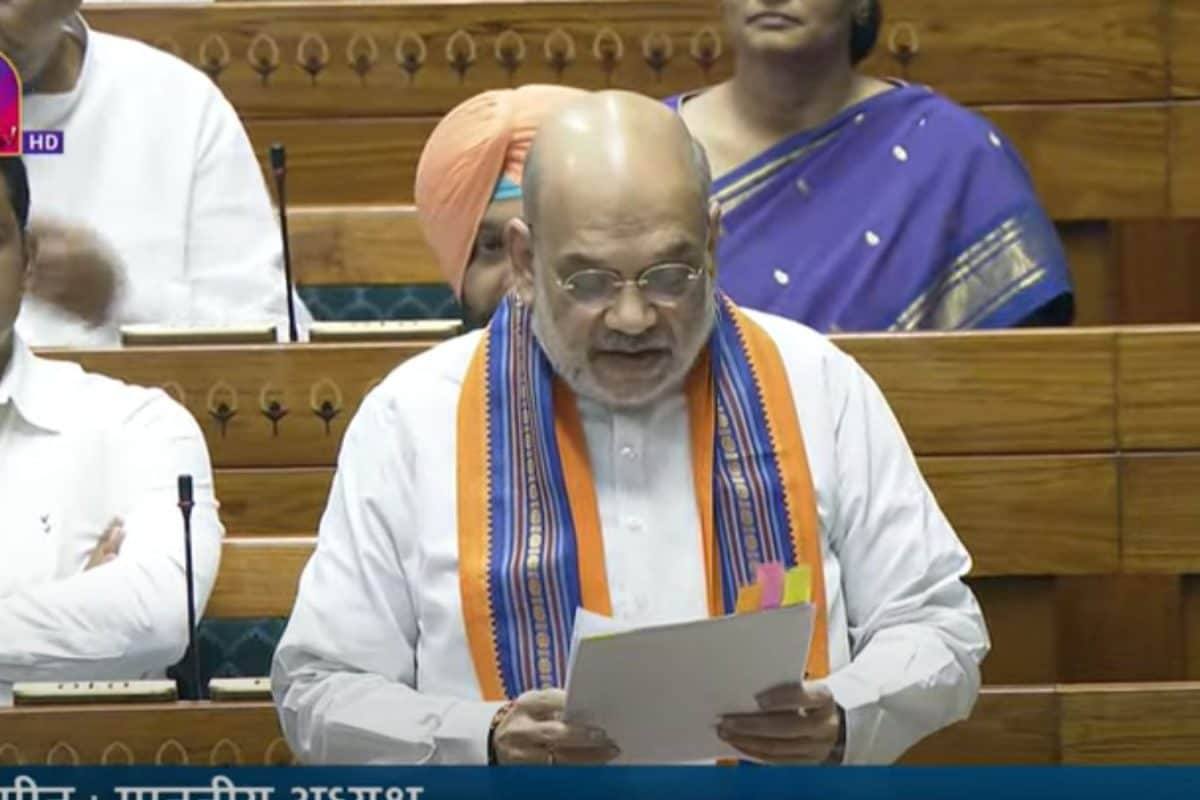

The Lok Sabha witnessed heated exchanges between the ruling party and the opposition on Wednesday as Union Home Minister Amit Shah introduced three bills aimed at removing elected officials, including the Prime Minister, Chief Ministers, and Union Ministers, if they are arrested and detained for 30 consecutive days on serious criminal charges.
The Constitution (One Hundred and Thirtieth Amendment) Bill, 2025, proposes amending Articles 75, 164, and 239AA of the Constitution to introduce a legal mechanism for removing ministers in custody for offences punishable by five years or more. According to the bill, the President will remove the Prime Minister, the Governor will remove Chief Ministers, and the Lieutenant-Governor will remove Chief Ministers of Union Territories. If no resignation or advice for removal is tendered by the 31st day after the arrest, the office will automatically fall vacant on the 32nd day. Reappointment is permitted upon release from custody.
The other two bills introduced were the Government of Union Territories (Amendment) Bill, 2025, and the Jammu and Kashmir Reorganisation (Amendment) Bill, 2025. The amendment to the Jammu and Kashmir Reorganisation Act, 2019, seeks to create a legal framework for the removal of a Chief Minister or Minister if arrested or detained on serious criminal charges, stating that ministers facing such charges undermine constitutional morality and public trust. The Government of Union Territories (Amendment) Bill, 2025, proposes amending Section 45 of the Government of Union Territories Act, 1963, to allow for the removal of a Chief Minister or Minister if they are arrested for serious crimes.
The introduction of the bills triggered a fierce uproar from the opposition, with members protesting and raising slogans. Some opposition members even tore copies of the bills. Opposition MPs, including Asaduddin Owaisi and K.C. Venugopal, spoke against the introduction, calling the bills "unconstitutional" and against "federalism". Congress leader Manish Tewari accused the government of bringing the bills in "undue haste". RSP MP N.K. Premchandran stated that the bills were not introduced as per the procedures of the House and had not even been circulated to the members.
The opposition argued that the bills could be misused for political purposes and that they undermine the principles of criminal justice and parliamentary democracy. Manish Tewari said that the bill opens the door for political misuse and throws all constitutional safeguards to the winds.
Union Home Minister Amit Shah defended the bills, stating that they were meant to cleanse politics of corruption and immorality and ensure that no Prime Minister, Chief Minister, or Minister could govern from jail. He emphasized that elected representatives must embody public trust and constitutional morality. Shah also said that the bills were being sent to a Joint Parliamentary Committee (JPC) comprising members from both the Lok Sabha and Rajya Sabha, from both the ruling and opposition sides, who would deliberate on the bills and bring them before the House.
During the debate, a sharp exchange occurred between Amit Shah and K.C. Venugopal regarding Shah's arrest in 2010 when he was Home Minister of Gujarat. Following the introduction of the bills, there was a brief jostling between Opposition and ruling party MPs, and three House marshals formed a protective ring around Shah. Despite the uproar, the bills were referred to a Joint Committee after a voice vote.